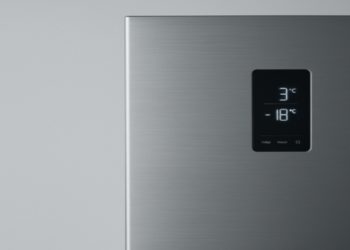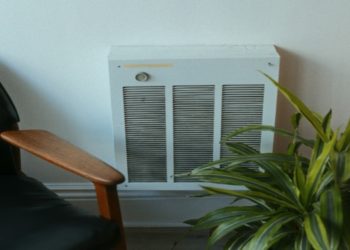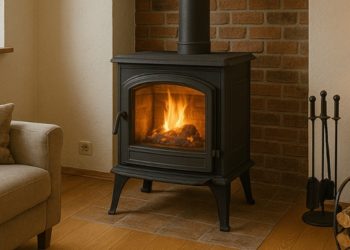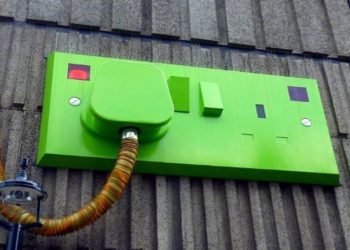Winter can cause significant problems for your home’s plumbing, leading to expensive repairs and disruptions. Insulating pipes and performing regular system checks are essential preventative measures. Small changes like installing bath shower screens can also enhance your bathroom’s warmth and comfort during the colder months.
As temperatures drop, the risk of pipes freezing increases, which can result in burst pipes and extensive water damage. Ensuring that your home’s plumbing is prepared for the colder months is crucial to avoid costly repairs. By understanding the potential hazards of winter weather on plumbing and taking proactive steps, you can protect your home from unnecessary damage and maintain its functionality throughout the season. Bath Shower Screens can be a valuable addition to your bathroom, providing both warmth and comfort.
Insulation and regular checks to prevent frozen pipes
Proper insulation is one of the most effective ways to protect your plumbing from winter’s chill. By insulating exposed pipes, especially those in unheated areas like basements or attics, you can significantly reduce the risk of freezing. Materials such as foam pipe insulation or heat tape are excellent choices for this purpose. Regular system checks are also crucial, ensuring that any vulnerable points are identified and reinforced before temperatures plummet. Inspecting your plumbing system for leaks or weak spots can prevent minor issues from escalating into major problems during a cold snap.
Regular maintenance should include checking the seals around doors and windows to minimise drafts, which can lower indoor temperatures enough to affect nearby pipes. Additionally, maintaining a consistent indoor temperature, even when away from home, can help keep pipes warm. A simple but effective tip is to open cabinet doors under sinks to allow warm air from your home to circulate around the pipes. These preventative steps not only help in reducing the risk of frozen pipes but also contribute to energy efficiency.
Another critical aspect of winter plumbing protection is addressing your water heater’s needs. During winter months, water heaters work harder to maintain desired temperatures, making them more susceptible to wear and tear. Consider having your water heater professionally inspected before winter arrives, ensuring the temperature settings are optimal (typically around 120°F) and the unit is properly insulated. This not only prevents potential breakdowns during the coldest days but also helps maintain energy efficiency when your system needs it most.
The benefits of bath shower screens for warmth
In addition to insulating your home’s plumbing, creating a warmer atmosphere in your bathroom is essential during winter. Bath shower screens play a significant role in this regard by trapping heat within the shower area, reducing drafts and maintaining a pleasant temperature while bathing. This simple installation can make a notable difference in comfort levels during colder months.
By keeping steam confined within the shower space, bath shower screens help retain warmth longer, providing an enhanced bathing experience without a sudden drop in temperature once you step out of the shower. Moreover, they offer an added layer of protection against water splashes that might otherwise lead to dampness or mold growth in the bathroom area.
Practical tips for effective winter-proofing
To effectively winter-proof your home’s plumbing, consider implementing a few practical strategies beyond insulation and bath shower screens. Start by disconnecting outdoor hoses and draining any external faucets before freezing temperatures arrive. This prevents trapped water from expanding and causing bursts or leaks in outdoor plumbing fixtures.
You may also wish to invest in a smart thermostat that allows you to monitor and control your home’s temperature remotely. This technology ensures that your home remains warm enough to prevent frozen pipes even when you’re away. Another handy tip is running water through each faucet regularly; this keeps water moving through the system, making it less likely to freeze.
If you experience frequent power outages during storms, having a backup power source for essential systems like heating could be invaluable. By being prepared with these measures, you will not only avoid emergency repairs but also enjoy peace of mind knowing your home is protected against the harsh elements.
David Prior
David Prior is the editor of Today News, responsible for the overall editorial strategy. He is an NCTJ-qualified journalist with over 20 years’ experience, and is also editor of the award-winning hyperlocal news title Altrincham Today. His LinkedIn profile is here.













































































